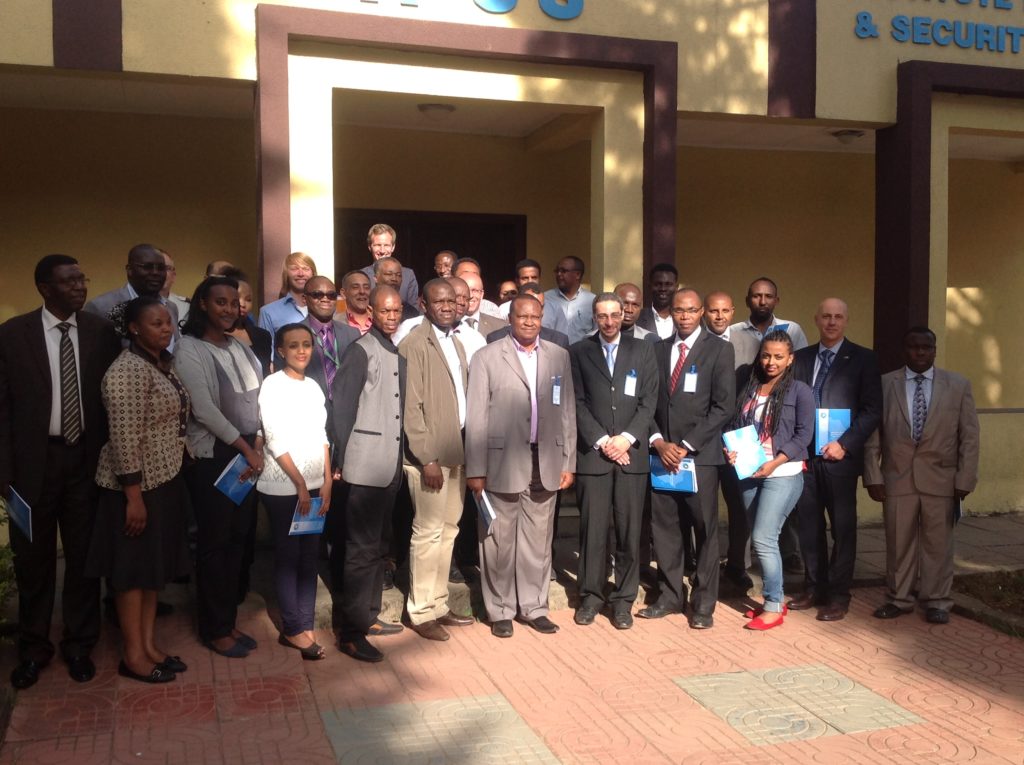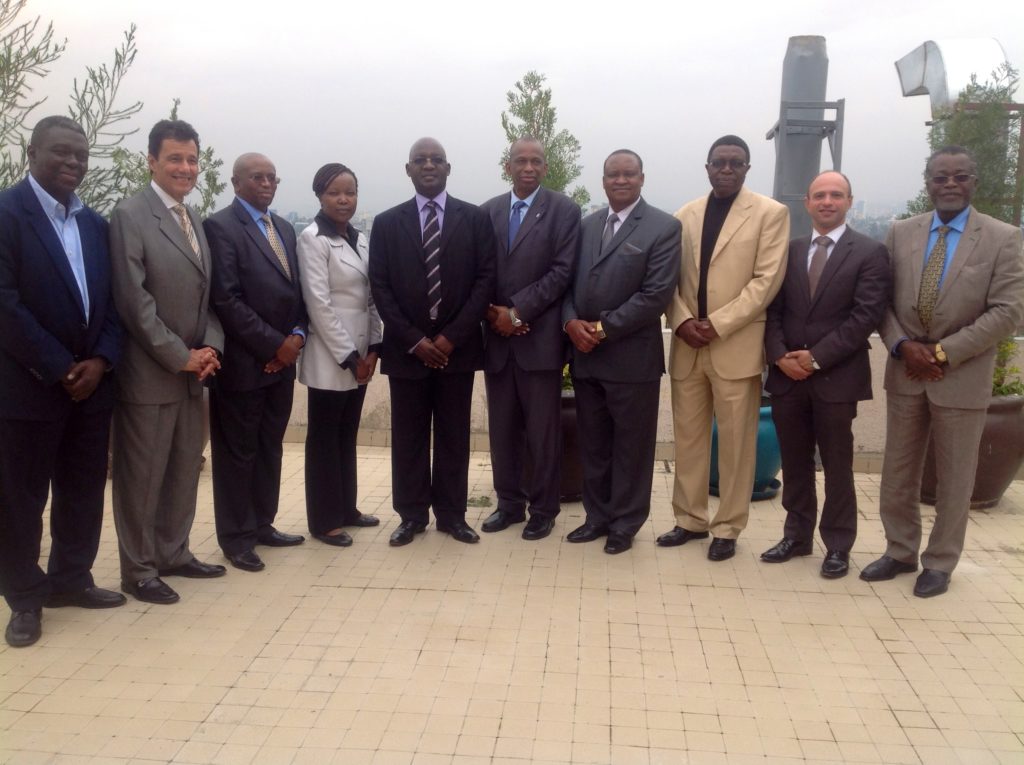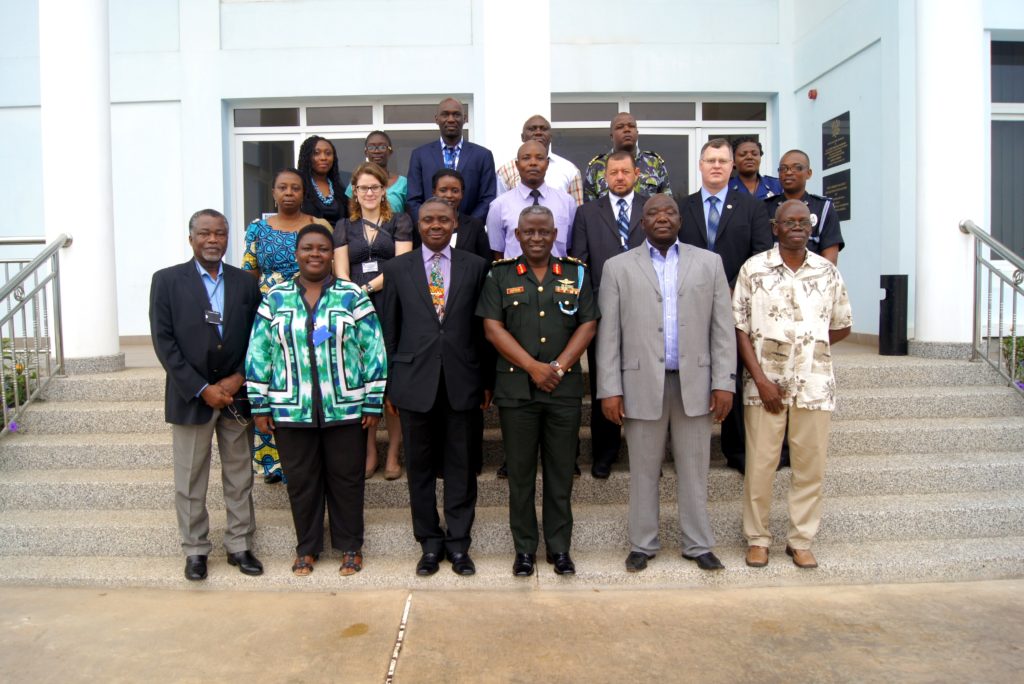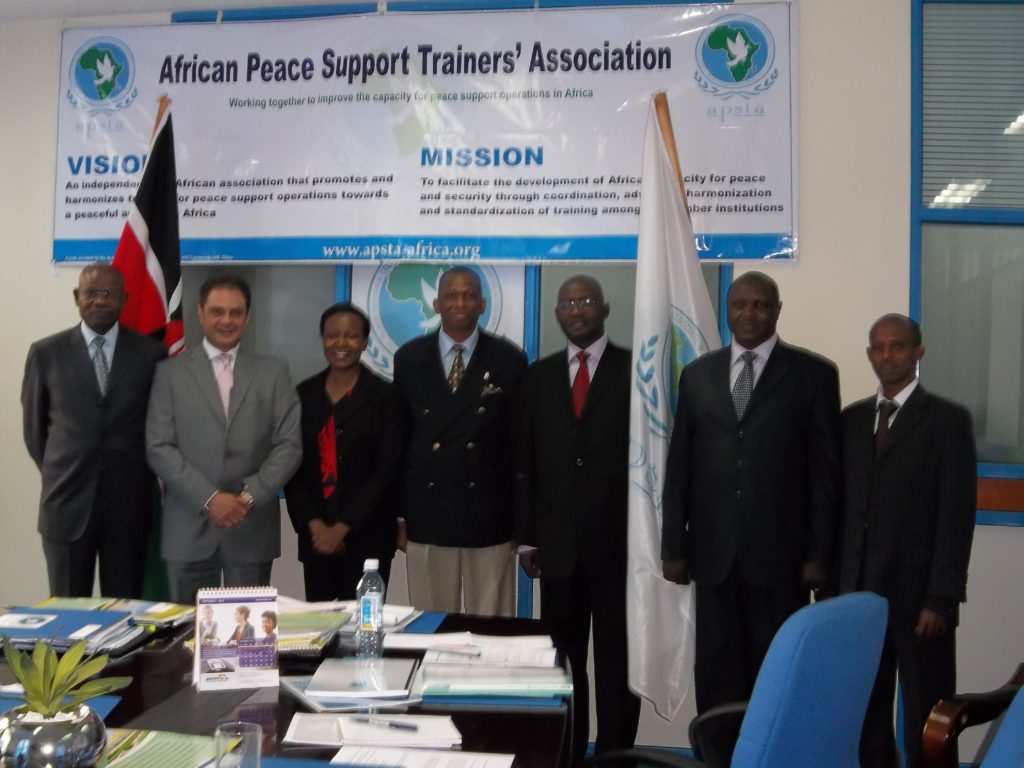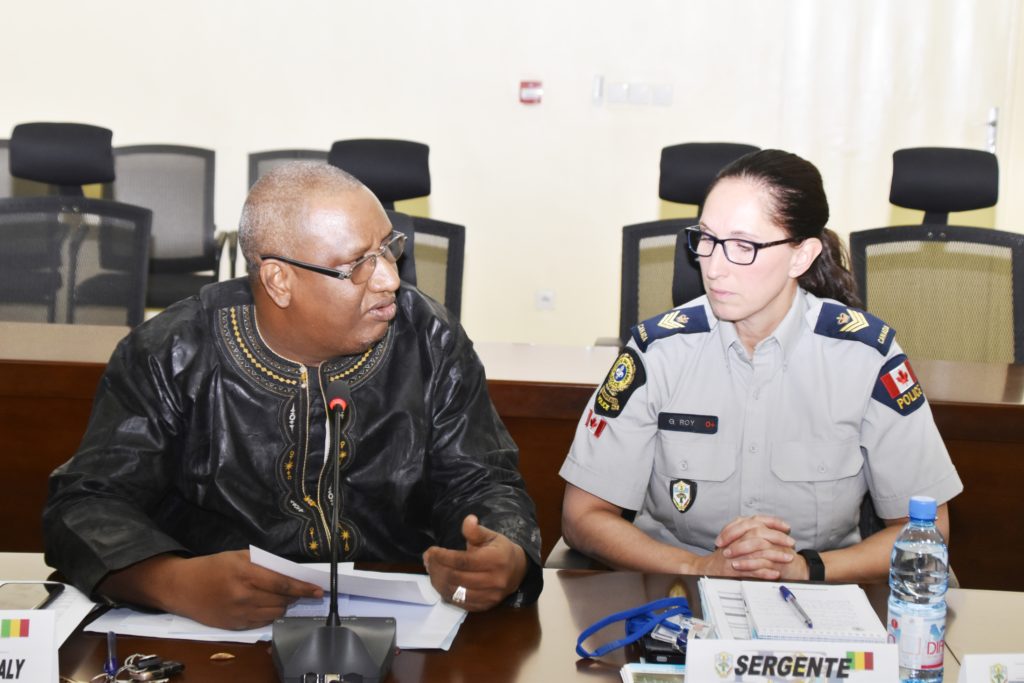Background
The African Peace Support Trainers Association (APSTA) was founded in 2001 as a framework for improving the capacity of peacekeeping training institutions by facilitating the exchange of best practices and capacity development support, and for enhancing the impact of peacekeeping initiatives by the AU and Regional Economic Communities/Regional Mechanisms (RECs/RMs). As a non-profit making organization, APSTA was formally established in 2002 as the African Chapter of the International Association of Peacekeeping Training Centres (IAPTC).
Core Values
APSTA upholds the following core values as the guiding principles for its operations :
- Peace & security : APSTA undertakes to perform its work with the greater aim of enhancing peaceful coexistence and human security in Africa and the world.
- Respect for diversity : APSTA is committed to all forms of diversity, including color, culture, education, religion, languages and gender.
- Pan-Africanism : APSTA subscribes to African unity and continental goals and recognises that it is African by identity but universal in outlook, thus open to learning from others as well.
- Professionalism : APSTA works with staff that is skilled, well trained and have the right attitude.
- Human dignity : APSTA subscribes to and supports the UN values concerning human rights and human security.
- Apolitical : APSTA strives to keep out of politics and its influence, especially in its day-to-day management of its affairs and work.
Vision
To be an independent Pan-African Association what promotes and harmonizes training for Peace Support Operations (PSO) towards a peaceful and stable Africa.

